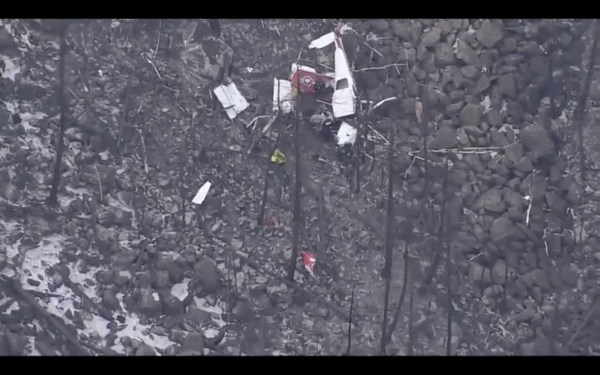
Italian authorities have made a significant discovery in the central Umbria region, seizing an illegal excavation of an Etruscan burial site. The excavation, valued at 8 million euros ($8.5 million), involved the theft of urns, sarcophagi, and other artifacts intended for sale on the black market. This illegal activity was brought to light adjacent to another Etruscan burial site unearthed by a farmer in 2015.
Authorities were alerted to the illegal dig through photographs of the artifacts and site circulating on the black market, which bore a resemblance to objects found on the farmer's land. Utilizing a drone for aerial photography and phone taps, investigators were able to pinpoint the location of the second site on land owned by a local businessman with access to earthmoving equipment.









Upon further investigation, two sarcophagi were discovered at the new site, believed to contain the remains of two Etruscan princesses. One of the sarcophagi still housed a skeleton, while a burial trousseau was found complete with urns depicting battle and hunting scenes, perfume jars, and a comb crafted from bone.
The Etruscan civilization, which thrived from about 900 B.C. to 27 B.C. in central Italy, spanned regions between the Tiber and Arno rivers, encompassing present-day Tuscany, Umbria, and Lazio. The artifacts unearthed in this illegal excavation shed light on the rich cultural heritage of the Etruscans and the ongoing challenges of preserving and protecting archaeological sites from illicit activities.







